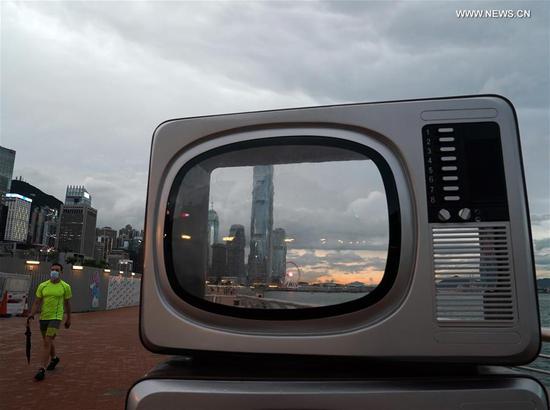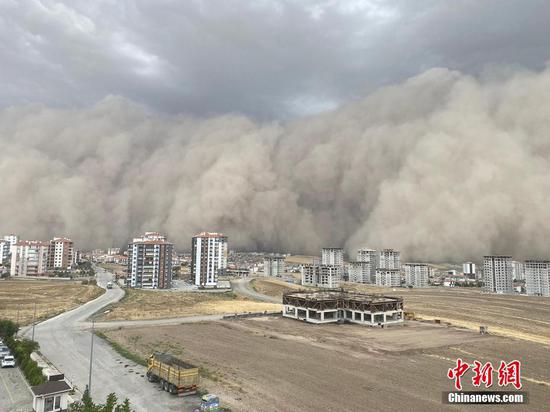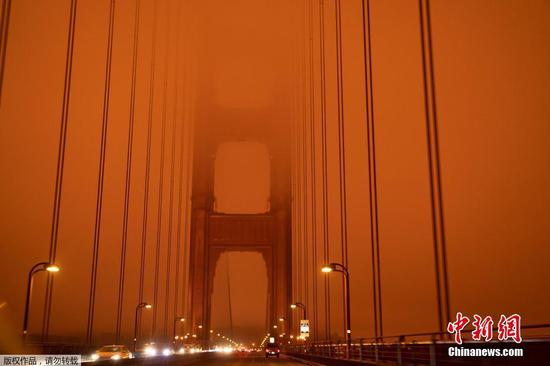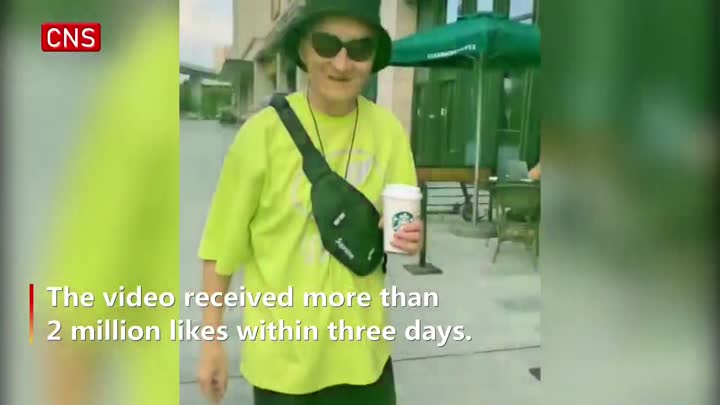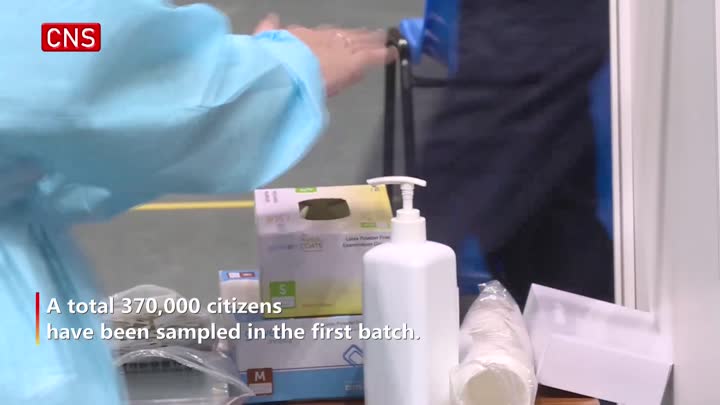A federal judge has temporarily blocked President Donald Trump's executive order banning WeChat downloads along with other restrictions on the app in the United States.
In issuing the preliminary injunction late Saturday, U.S. Magistrate Judge Laurel Beeler in San Francisco wrote that the plaintiffs — a group of U.S. WeChat users who stand to be affected by the U.S. Commerce Department's ban — had shown "serious questions" in their claim that the executive order threatens their First Amendment rights and that the "balance of hardships tips in the plaintiffs' favor".
Citing national security concerns, the Commerce Department on Friday issued restrictions against WeChat, a messaging, social media and mobile-payment app owned by Chinese tech giant Tencent Holdings Ltd.
The order that was to go into effect 11:59 pm EDT Sunday required Apple and Google to remove WeChat from their app stores, which effectively would have made the application unavailable to new users in the U.S. and would have prevented software updates for existing users.
The judge's 22-page ruling also blocks the government's order that would have barred other transactions from WeChat in the U.S.
Beeler wrote that the ban would "burden substantially more speech than is necessary to serve the government's significant interest in national security, especially given the lack of substitute channels for communication".
"And, as the plaintiffs point out, there are obvious alternatives to a complete ban, such as barring WeChat from government devices, as Australia has done, or taking other steps to address data security," she wrote.
The injunction also blocks the government's effort to restrict internet infrastructure companies from carrying or hosting WeChat's internet traffic.
Michael Bien, an attorney for the plaintiffs — the U.S. WeChat Users Alliance, a nonprofit organization registered in New Jersey — said the United States "has never shut down a major platform for communications, not even during war times".
"There are serious First Amendment problems with the WeChat ban, which targets the Chinese American community and trampled on their First Amendment guaranteed freedoms to speak, to worship, to read and react to the press, and to organize and associate for numerous purposes," Bien said in a statement.
In her order, Beeler wrote that "Chinese speakers with limited English proficiency have no options other than WeChat".
The Commerce Department did not immediately respond to the injunction but is expected to challenge it.
"Judge Beeler's ruling seems very careful, especially in clearly finding that plaintiffs have sufficiently satisfied the requirements for entering a preliminary injunction on the First Amendment claim," Carl Tobias, a law professor at the University of Richmond, told bloomberg.com.
"The judge also treats the weaker portions of both plaintiffs' and the government's arguments, especially the lack of evidence presented by the government, and finds that plaintiffs have the better of it."
WeChat has more than 1 billion users worldwide and is popular among Chinese students, Americans living in China, and some Americans who have personal or business relationships in China. The app also has about 19 million active users in the U.S., according to the complaint that the plaintiffs filed last month.
China's Ministry of Commerce said Saturday it was resolutely opposed to the U.S. move to block downloads of WeChat and TikTok apps.
The ministry said in an online statement that in the absence of any evidence, the U.S. has used state power to suppress the two enterprises for unwarranted reasons, which seriously disrupted their normal business activities, undermined the confidence of international investors in the U.S. investment environment and damaged the normal global economic and trade order.



















